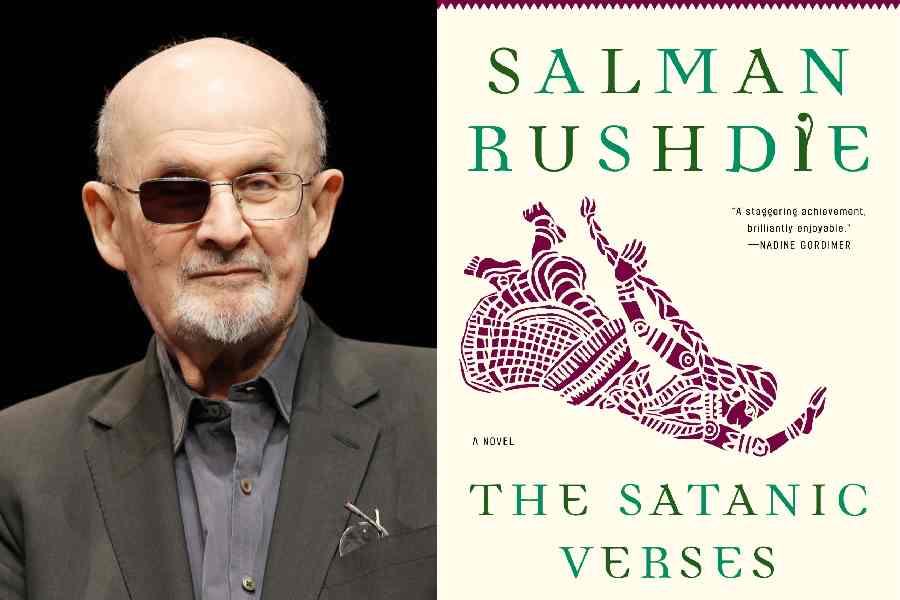The prime minister is of the opinion that a crisis is an opportunity. It seems that the message has been heard loud and clear — much to the detriment of the nation. The Central Board of Secondary Education has decided to get rid of specific chapters from the syllabi for Standards IX-XII for the new academic year because the board feels that there is a need to reduce the burden on students. There can be no argument about reducing stress on young minds battling unprecedented interruptions on account of the Covid-19 crisis. What can certainly be contested, however, is the choice of the topics that have been axed by the CBSE as part of an exercise that reportedly has the blessings of the Bharatiya Janata Party-led government at the Centre. Federalism, secularism as well as nationalism are no longer part of the syllabus of political science in Class XI; democracy, diversity, popular mobilizations, too, have not made the cut for Class X’s social science stream, while the goods and services tax and demonetization — contentious initiatives that have been blamed for precipitating India’s current economic crisis — have been dropped from business studies for Classes XI and XII.
The CBSE’s innocence on the matter is poignant. The board has clarified that teachers would still be encouraged to teach these subjects. The fact that questions would not be set on these important subjects may be enough for teachers and students to concentrate on other chapters that are likely to generate questions during examinations. The more serious problem lies elsewhere. There is legitimate concern that a government, which thrives on obscurantism, is taking advantage of a health crisis to push through unwarranted changes in the curriculum that may result in altering pedagogy as well as knowledge production in New India. After all, each of the subjects that has been deleted — secularism, democracy, diversity, to name a few — are anathema to a political regime allegedly committed to transform India into an authoritarian, hegemonic republic. The government’s meddling in curriculum reiterates an old concern. Eroding processes and institutions involved in knowledge production, while being inimical to democracy, is paramount to the furthering of ideological and political projects. What is truly stressful is the willingness of a pliant educational board to be complicit in an enterprise that seems to be keen on instilling in students a rather disturbing and distorted idea of India.











